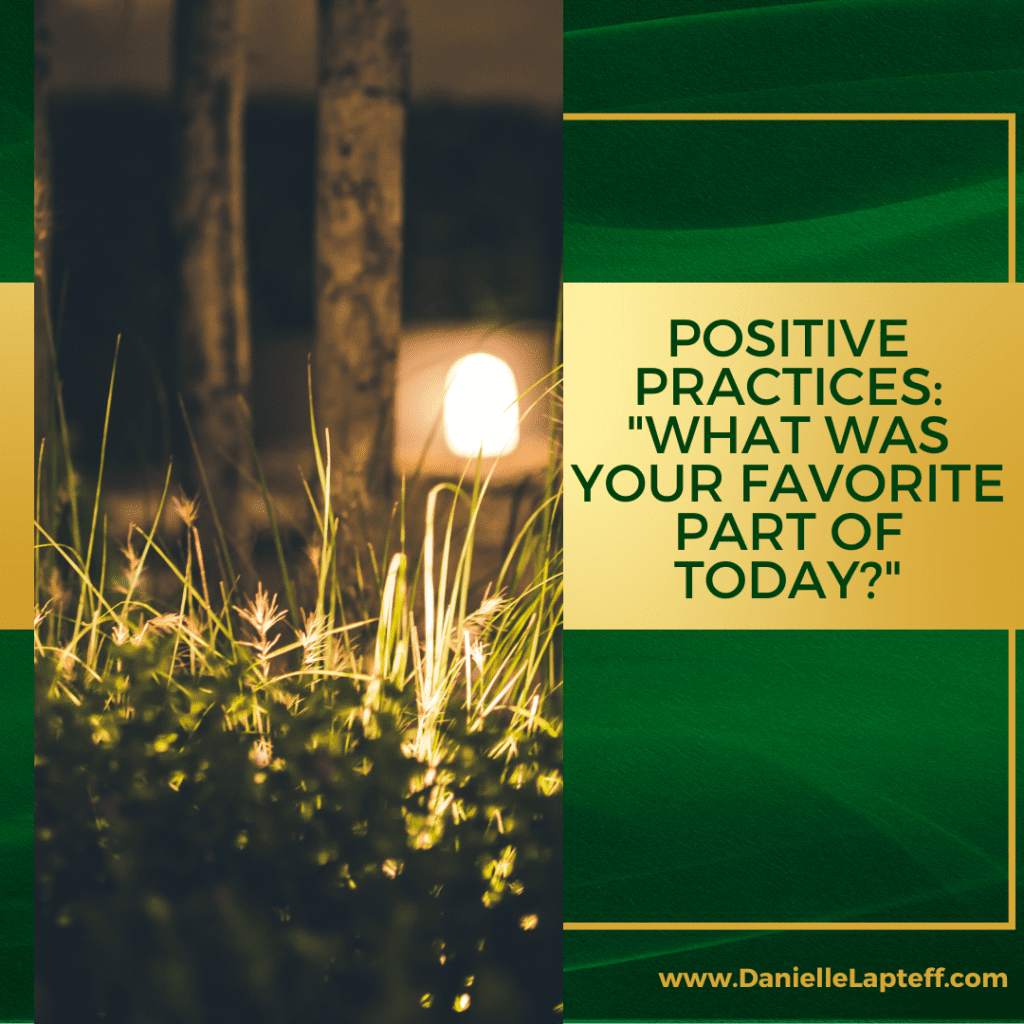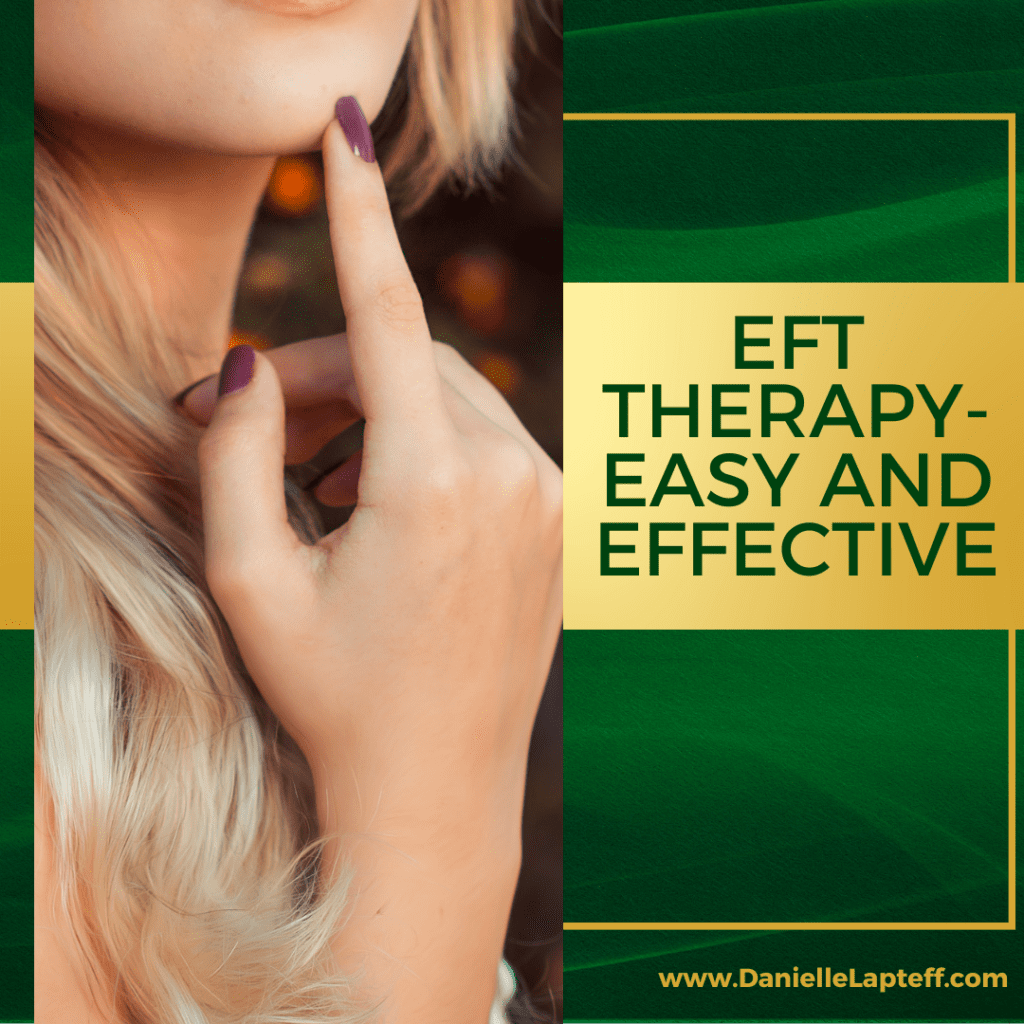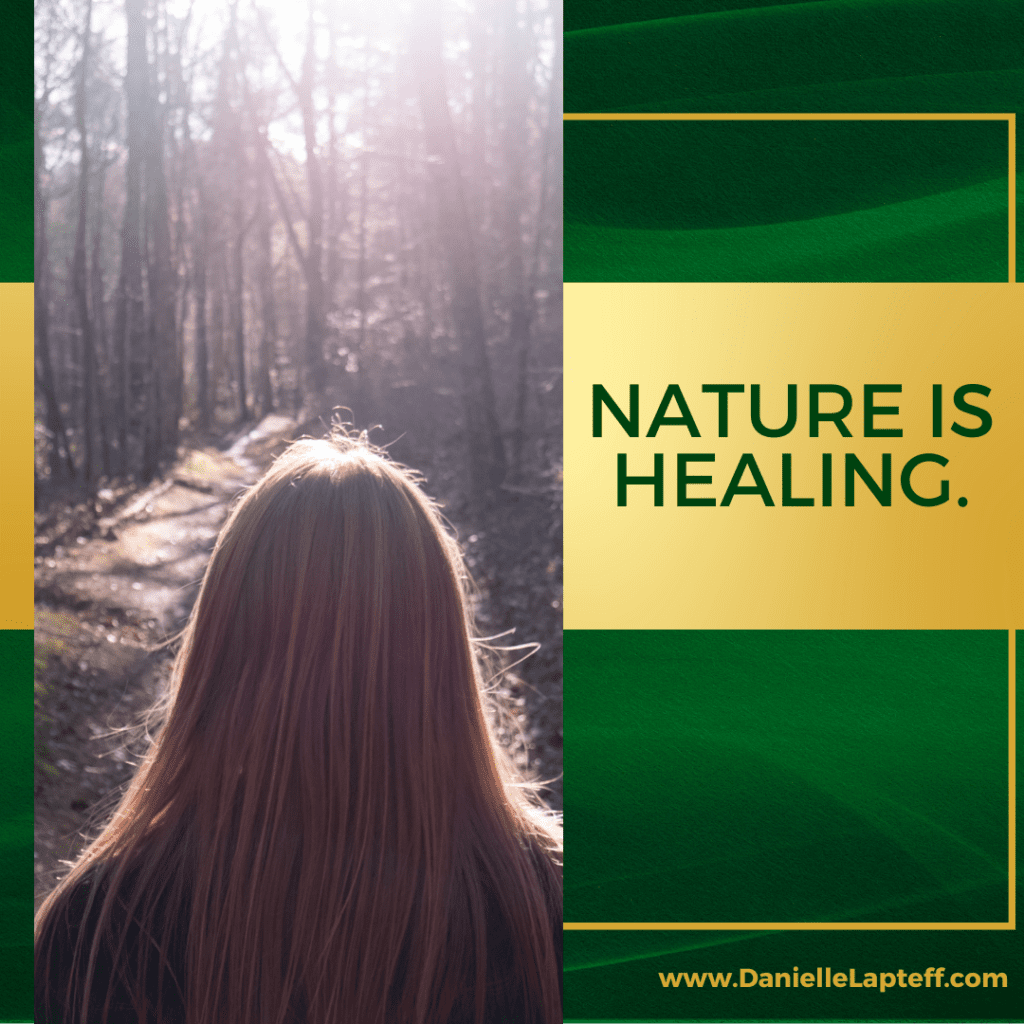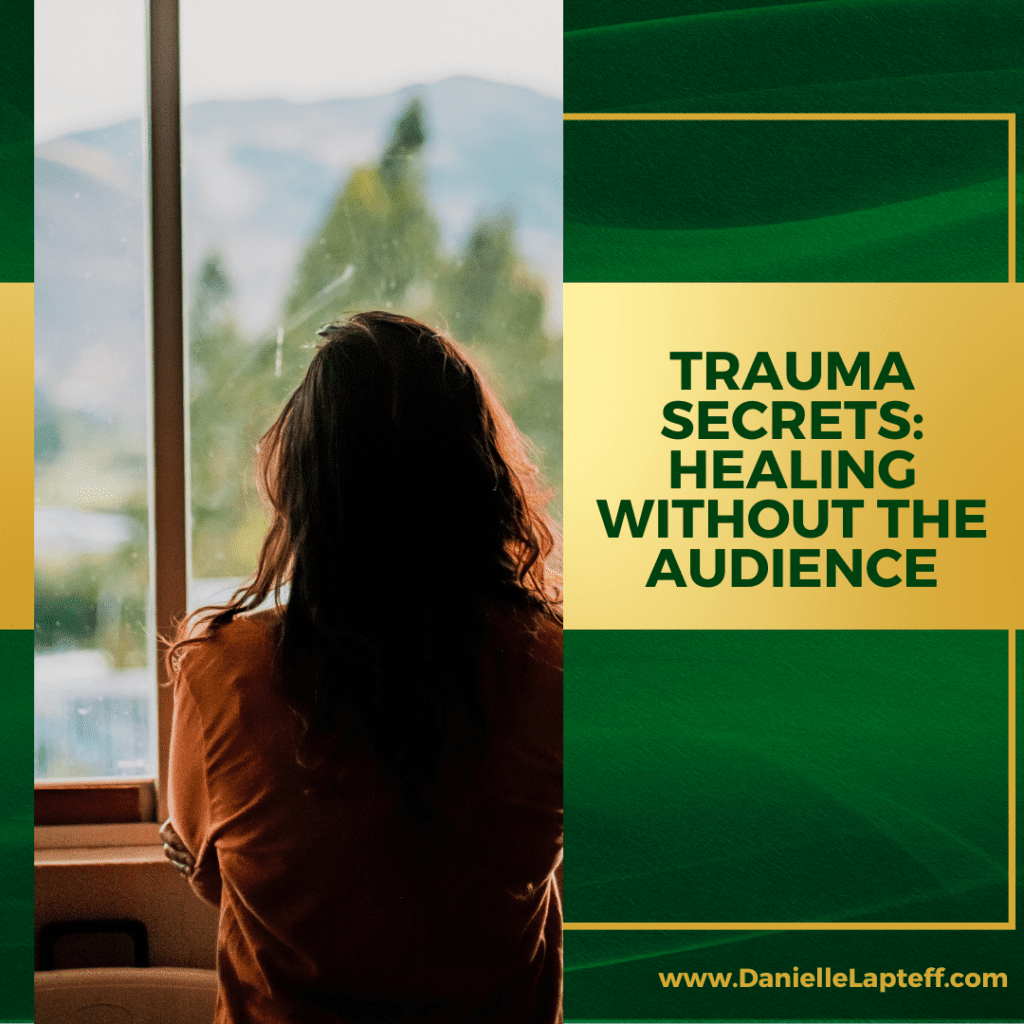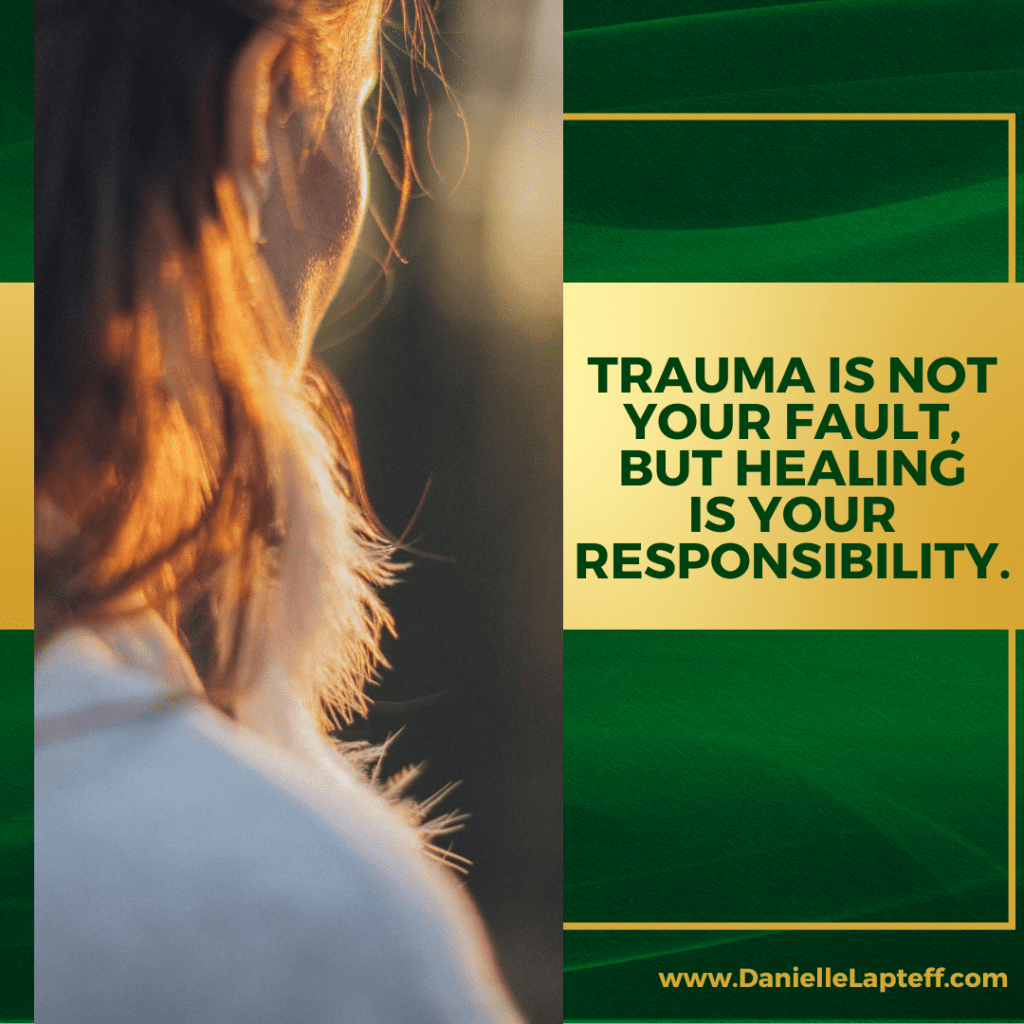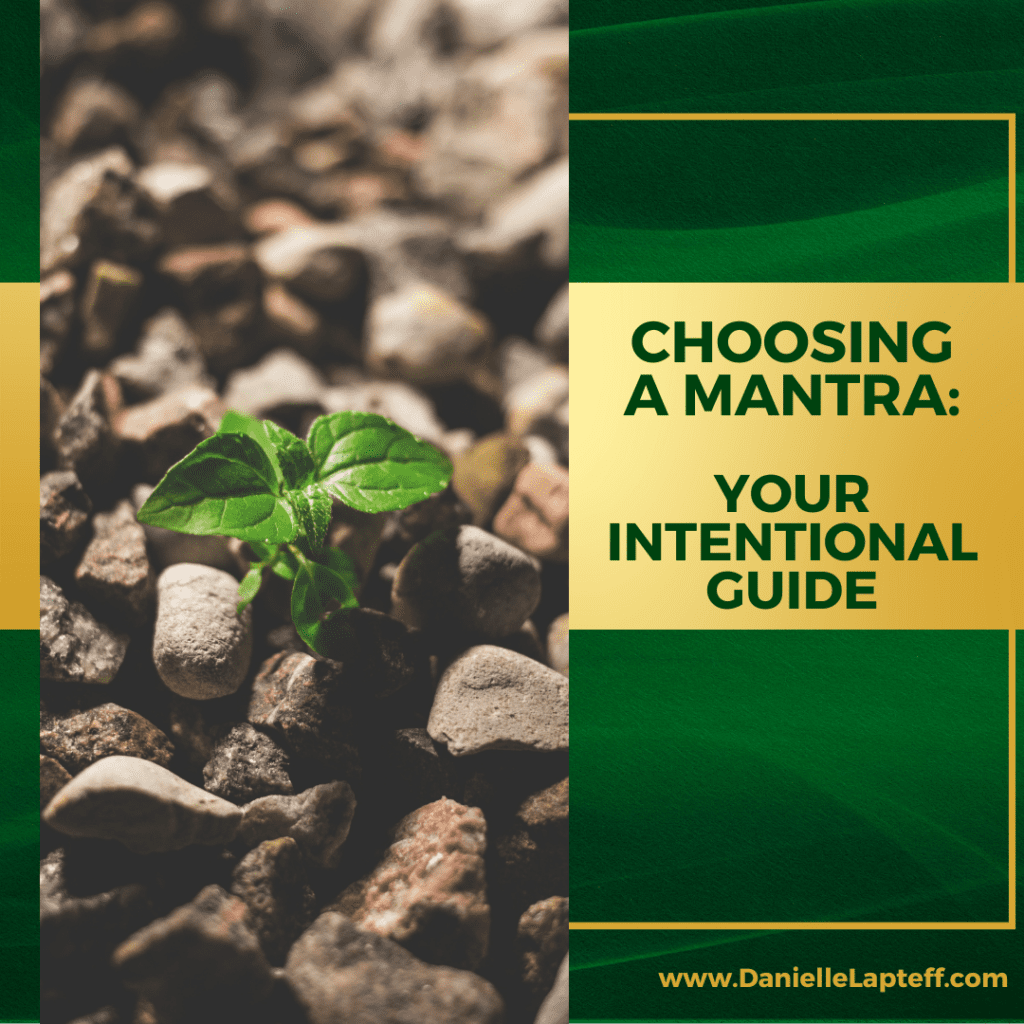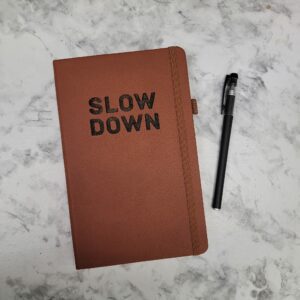I talk a lot about self love and self care. It’s really the whole premise of why I got into this business in the first place- to empower women to love themselves and treat themselves well. And so I wanted to write about boundaries, because in my opinion, that’s the most important version of self care that there is.
What are boundaries?
The simplest way I can think to explain boundaries would be rules for how you allow others to treat you. (And for how you treat yourself.) When you set boundaries, you’re telling the people around you what you will accept and what you won’t. They define your needs, your wants and your deal breakers. I firmly believe that these should be put into affect with every relationship in your life- romantic, friendship, professional, stranger, etc… (Though the boundaries you have with one person may be different from the ones you have with another.)
Boundaries are something that everyone should have.
It should be a given that everyone would have boundaries, but that isn’t always the case. For instance, I didn’t really have any boundaries at all for the first 29 years of my life. I’m an empath and I was a chronic people pleaser so I let people walk all over me and take advantage all of the time. It was rare that I stood up for myself or expressed my needs, and when I did, I felt guilty. It took me a really long time to realize how important boundaries were, and that they’re actually a necessity for every person looking to live a healthy life.
You’re allowed to say no.
The biggest change in going from someone without boundaries to someone with boundaries is realizing that you can say no. You don’t have to be everything for everyone anymore. Just because you’re capable of doing something doesn’t mean that you have to. Even if it wouldn’t be that hard or you can do it better than someone else, you can still say no. But it isn’t limited to just saying no, I don’t want to do that. It also involves saying no, I will not allow that or no, I’m not going to think about this or even just plain no. No is a complete sentence.
At first, it might feel selfish.
This doesn’t mean that it is. But when you’re used to saying yes all of the time, no feels uncomfortable. Give it some time and some practice and you’ll be amazed at how easy it starts to become. Eventually, you’ll accept that saying no to someone else can mean saying yes to you. You’ll realize that you have more time and energy that you can spend doing the things that you want to do rather than being stressed about situations you may have been guilted into. This doesn’t mean that you can never help anyone ever again- it means you get to decide. To pick and choose.
If you always say yes to everyone else and you allow people to get away with anything and everything regardless of how you feel, you will be the one that suffers. Odds are you will find yourself exhausted, stressed and maybe even resentful. You’ll probably burn out and not be able to help anyone at all after a while, and then you’ll have to watch as the users and abusers start to disappear and leave you to fall apart because they can no longer get what they need from you.
Boundaries are a way of valuing yourself.
By setting boundaries, you’re putting an emphasis on your values and your own beliefs. You’re standing up for yourself, asking to be treated well and not settling for anything less. By saying you won’t tolerate a certain type of behavior, you’re also saying that you know you deserve better. By stating what you are comfortable with and what you are not, you’re recognizing that your feelings and opinions matter. (This is important, because it’s true!) By enforcing your boundaries, you’re requiring respect from those around you. You’re stating that you are just as worthy as the next person of being treated with consideration.
Not all boundaries need to be rigid.
There are different types of boundaries depending on the situation. Some may be make or break, absolute requirements. Others may just require some discussion or be open to compromise. The easiest way to navigate this is communication.
By communicating your boundaries with the people involved in the situation, you can figure out the best way to move forward. You may have to take other people’s boundaries into account here as well. Sometimes, a compromise may be in order. Other times, maybe it’s best to just go your separate ways. Again, it depends on the situation.
How to set boundaries
The first step would be to look at your life currently. How do people talk to you? Touch you? Interact with you? Does any of this make you uncomfortable? If so, that would be a good indication that you need to set some new boundaries. Figure out what you are comfortable with as well as what makes you anxious and start making a list. What is okay and what is not? Maybe somethings are okay with one person, but not another. As you go through the different areas of your life, you may see a need for different boundaries. That’s perfectly okay. Figure out what’s already there and what needs to change. What do you want? And what do you need?
Once you’ve figured this out, you can start to communicate those wants and needs to the people around you.
Some people are going to give you a hard time. Some may be offended and maybe even get a little hostile. That my friends, is usually a giant red flag. In my experience, the people who get mad at you for setting boundaries are often the people who would benefit from crossing them. They don’t want you to be strong and stand up for yourself because it means that they have to change and can no longer take advantage of you.
On the flip side, there are going to be others in your life who will embrace your new boundaries. They may even applaud you for them! Even if the new rules require some changes and effort on their end, they’ll try for you. Those are your people. Hold onto them. Because these are the people who want you to succeed. They want you to be happy and to have what’s best for you.
Boundaries can be a neat little tool for figuring out who’s who.
Boundaries can change.
Your boundaries at 20 are going to look different than your boundaries at 30 and at 40 and so on. As you go through life, you will have different experiences, different challenges, different feelings, etc. The things you go through will change your wants and needs, which means you will have to adjust your boundaries. This is totally okay. You can literally wake up one day and decide you want something different. That just means you have to set a new boundary, and be sure to communicate it to the people in your life that may need to adjust a certain behavior or expectation.
It’s really important to show yourself some compassion and patience as you figure out what you want your boundaries to be and how to enforce them. But you do have to enforce them and have actual consequences! Otherwise, people will just keep crossing them and they will inevitably be pointless. By enforcing your boundaries, you’re choosing yourself. And that’s really the best choice you could make.
I hope you choose yourself today. You deserve it.
If you’re struggling with boundaries and would like someone to work one on one with you to move forward, I’d love to work with you. I offer one on one coaching as well as a free facebook community for support. You can check get more info by clicking the links, and of course feel free to reach out to me with any additional questions.
